M-Pesa Foundation and Gertrude’s Hospital Foundation have launched the Daktari Smart telemedicine program targeting over 32,000 children in Samburu, Homabay, Baringo and Lamu Counties. Two other counties will be brought on board in the next phase of this program.
The project aims to reduce the number of referrals of sick children by allowing county health facilities to have access to specialists. It will also optimize the capacity and reach of healthcare delivery systems.
According to the Kenya Medical Practitioners and Dentists Board, the doctor to patient ratio currently stands at about one doctor for every 6,355 people which leads to difficulties in getting access to a qualified medical professional. This ratio increases when it comes to specialists. The participating counties in this program have only one or no paediatrician to treat children in these areas.
“Daktari Smart aims to address the delays in receiving adequate healthcare in rural and underserved areas through telemedicine. Patients who would otherwise have to spend a significant amount of time and money to travel long distances to urban areas to seek care, will now be able to receive specialist care from their local health facility,” said Michael Joseph, Chairman, M-PESA Foundation.
M-PESA Foundation has committed over Ksh168 million towards the initiative while Gertrude’s Hospital Foundation will invest over Ksh35 million in the next three years.
“Our mission as Gertrude’s Hospital Foundation is to transform communities by improving access to quality healthcare services to needy and disadvantaged children in the country. This involves embracing innovation and technology, as well as research. The Daktari Smart program will enable us to provide the much-needed specialist care to children in far flung areas, as well as develop appropriate data and information to support paediatric healthcare in the country,” said Les Baillie, the Chairman of Gertrude’s Hospital Foundation.
Daktari Smart is a kit that compromises electronic medical devices such as the Electronic Stethoscope, Vital Signs Monitor, Derma scope Camera, Ultrasound Machine, Otoscope (examine the condition of the ear canal and eardrum) and the electrocardiogram (ECG) used to check the heart’s rhythm and electrical activity.
Unlike the conventional video conferencing, Daktari Smart allows the health care worker at the local partner health facilities, to place the electronic medical devices such as a stethoscope or vital signs monitor on the patient.
The specialist at Gertrude’s Children’s Hospital is then able to see the patient and hear the sounds real time without the interpretation from the health worker at the local facility.
The bandwidth requirement for the equipment is low, ranging from 512Kbps to 2Mbps. This means that the platform can be installed in rural and underserved areas that do not have fiber connectivity.
Screens will also be used for video conferencing to facilitate regular capacity building for over 300 health workers serving in the rural health facilities; and training of 360 social workers and community health volunteers (CHVs) in the local community who will support in social mobilization.
Read: Trucks, Pickups Up For Grabs As Safaricom Rewards Businesses With M-PESA Promotion
>>> Safaricom, NHIF Launch M-Pesa Mini App

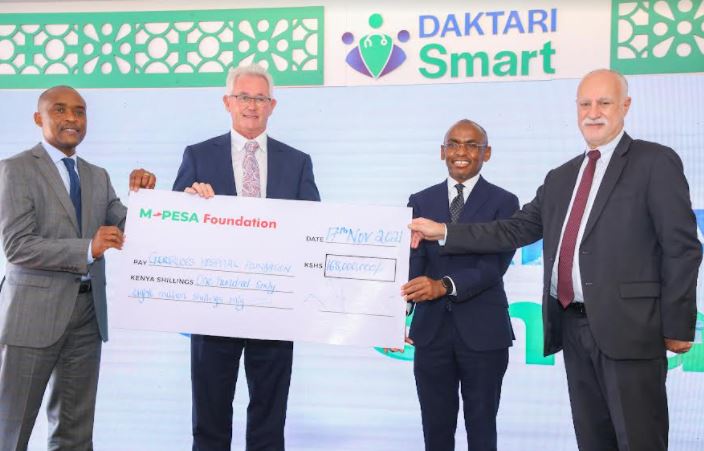

![A National Bank of Kenya (NBK) branch. [Photo/ NMG]](https://businesstoday.co.ke/wp-content/uploads/2021/05/nbk-150x150.jpg)

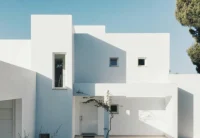



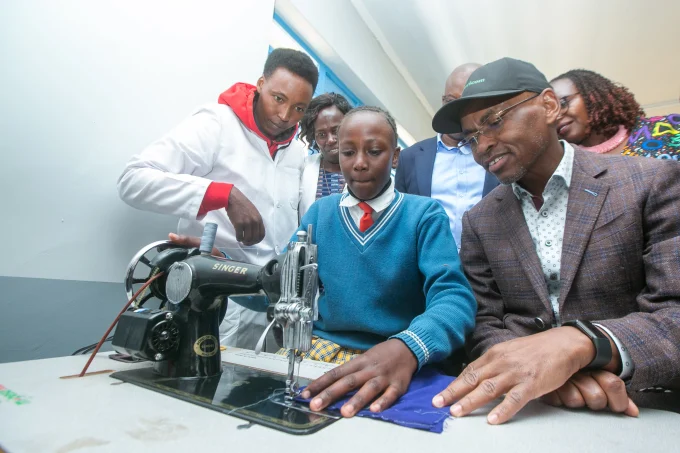
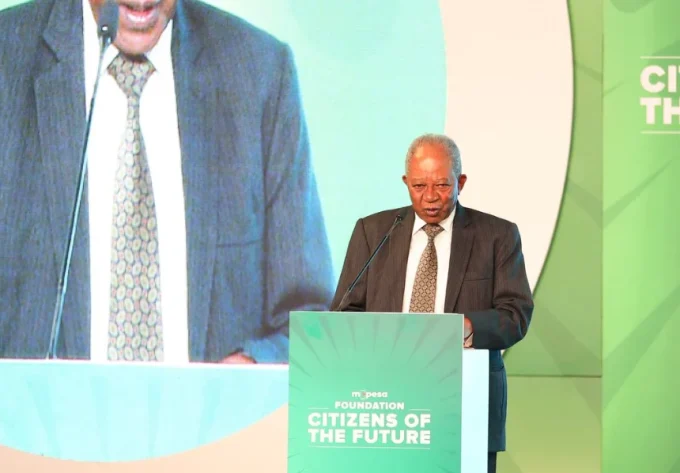

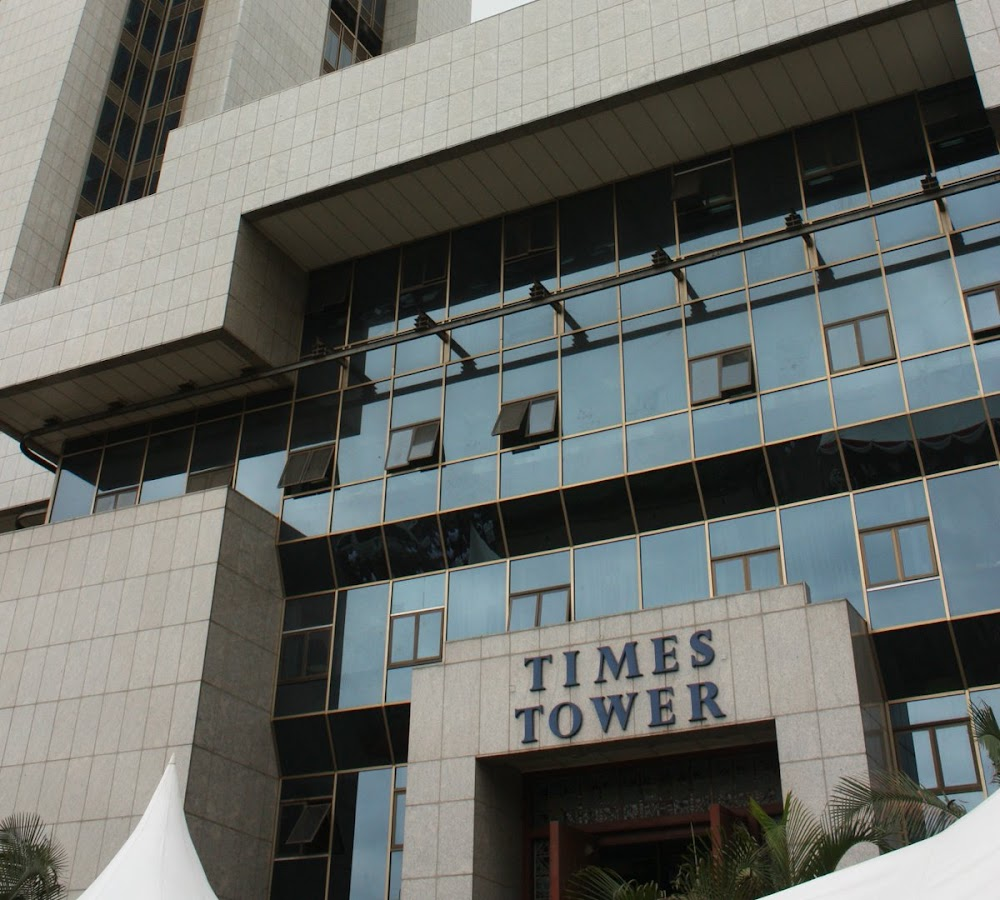
Leave a comment